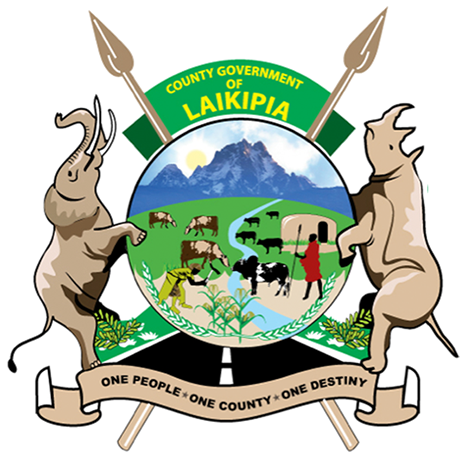Camel Breed Improvement Program In Laikipia North
Laikipia North Sub-County is categorized as rangeland and has been drastically affected by drought, pastures and water are scarce for livestock. To mitigate against the adverse effects of drought, the department of Agriculture distributed 16 Somali breed Camels to Communal ranches in the area which are more resilient to drought.
The beneficiaries were drawn from 13 group ranches namely: Ilpolei, Ilmotiok, Murushoi, Kurikuri, Musul, Makurian, Murpuli, Koija, Nkitoliti, Kijabe, Tiamamut, Lekuruki, and Ilgwesi. The camel bulls will help them improve their camel breeds.
Officers from the department led by Mr. Pius Butichi - head of livestock, will continuously monitor and train the groups to ensure that they benefit from the program. Representatives from the group will also make a follow-up on the progress of this program. The program also targets other breeds including cattle, sheep, and chickens. Bulls and Dorper rams have been distributed.
When these animals are moved to these far-flung dry season grazing areas, families that are left behind suffer because of milk unavailability and other related basic food requirements.
Why Camels?
- Camels are browsers and during dry spells, there is a scarcity of pastures in Laikipia North SC and hence what remains available for animals to feed on are the browses. Laikipia North SC has a lot of acacias, commiphoras, Grewias and other dense nutritious browses for production of camels.
- During dry spells when all livestock have moved to far-flung areas in search of pastures and water, it is only Camels that are found around the homestead to provide for the families, the required milk-producing around eight liters each.
- Camels can go for a very long period without water hence ideal for rangelands.
- They are able to still produce a good amount of milk for households even when feed and water is scarce.
- During one of the public participation meetings in Laikipia North and also a meeting with the area MCAs with the department on breeds improvement, the community requested support in the promotion of large stocks (Camels). Camels bring about a balance in vegetation mix(They feed on the tall browse, goats on short browse whereas cattle & sheep feeds on grasses). Camels production is a Climate Smart enterprise - hence ideal for ASAL areas.
The exercise was led by CECM Agriculture Madam Wangari Wachira accompanied by CECM Finance Mr. Murungi Ndai and CECM water Hon. Peter Matunge.
The objective of this program is to increase food and nutrition security at the household level, better market access, more income at the household level, and increased trade.
